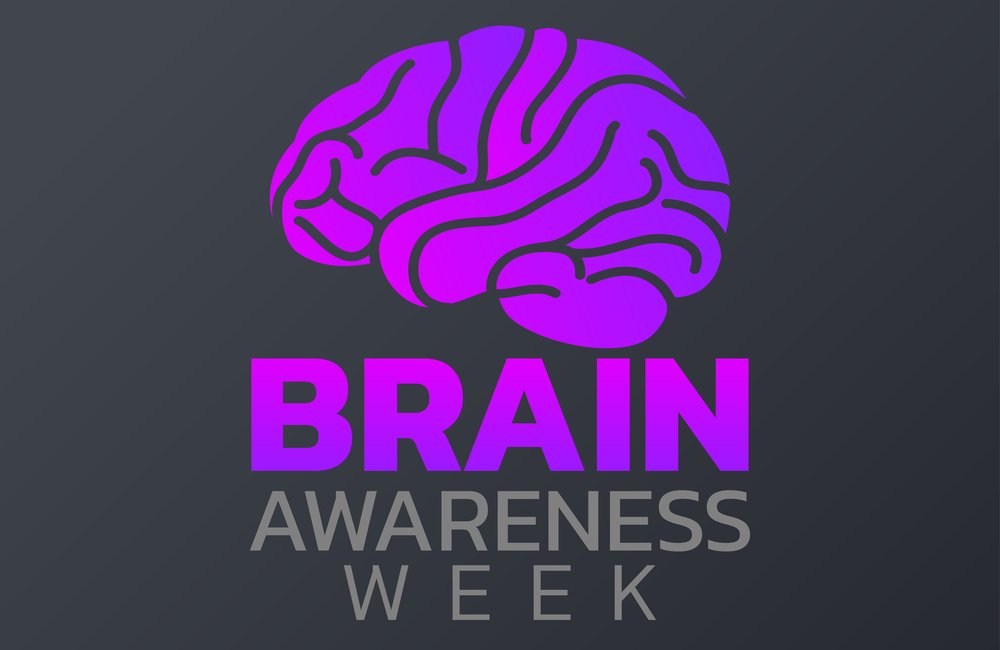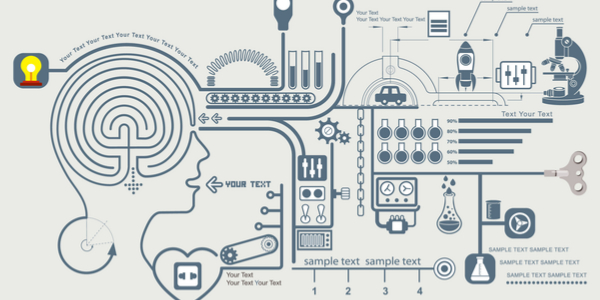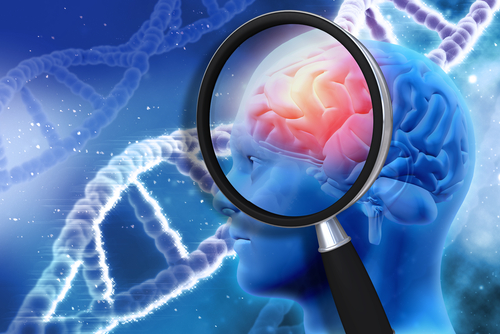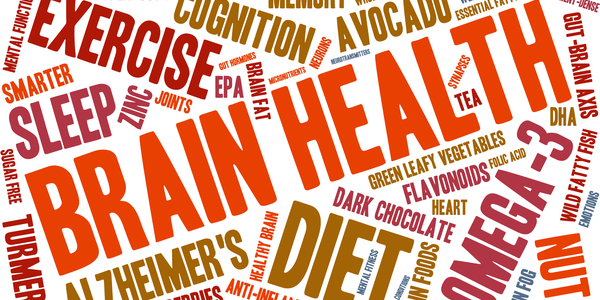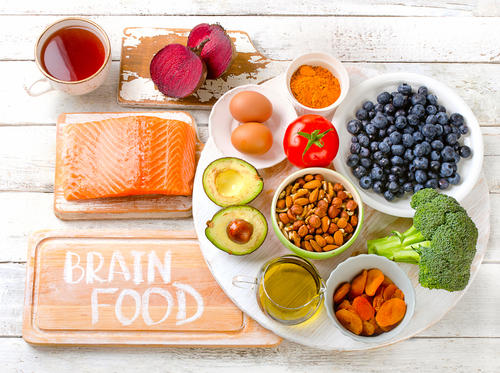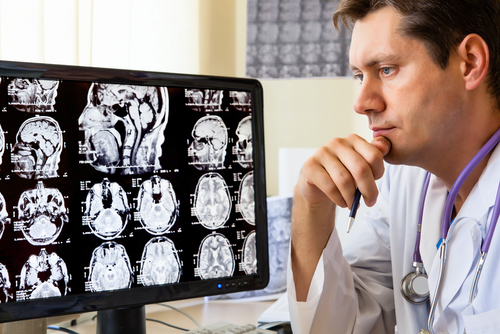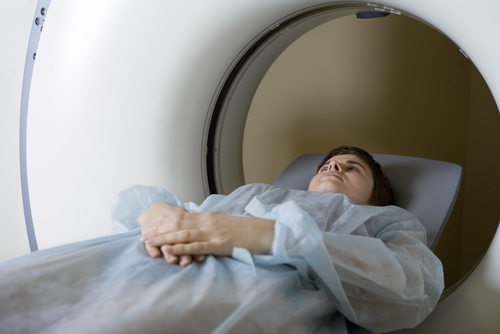The “Brain Awareness Campaign” is a worldwide celebration of the brain that brings together scientists, families, schools, and communities. March 12 through 18 is Brain Awareness Week (BAW), sponsored by The Dana Foundation The purpose of BAW is to increase awareness of the many benefits of brain research. The thought behind this campaign is to take the time to increase our awareness of the progress and benefits of brain research, along with things we can do for our brain health.
This annual awareness campaign presents an opportunity to bring attention to brain science advances and advocate for science funding. Brain Awareness Week serves as a launching point for year-round Brain Awareness activities. Additionally, The Dana Foundation provides grants that support research in clinical neuroscience and neuro-imaging.
About Our Brains
Even though the brain is only about 2% of our body mass, they are fully in control of our body. For example: the brain controls all of the functions we need to survive including heart beating, speech, thought and reasoning, emotions, breathing, eating, digesting, our senses and physical movement. The brain uses 20% of both the oxygen we breathe and the blood flow in our bodies, and requires a constant flow of oxygen to survive.
As most of us know, our brain is protected by our skull so that it can withstand wear and tear, and while the brain itself doesn’t feel pain, it sends pain signals to other parts of our bodies.
The brain’s structure, however, is quite complex. Each different function occurs in different locations in our brains: brain stem, cerebrum, cerebellum and limbic system. When there is a trauma to a particular location in the brain, those systems are directly affected. For example, if damage occurs to the brain stem from stroke, things such as swallowing, blood pressure, involuntary movements and heart rate are affected. If damage occurs in the cerebellum, balance and movement will be negatively affected.
What The Brain And Nervous System Does
Our brain and nervous system control how our entire body functions, so neurological research plays a huge role in discovering causes of, and treatments, and preventative measures for psychological and medical disorders.
The brain has a delicate chemical balance, and when that balance is disrupted, it can cause mental health disorders, including depression, anxiety, post traumatic stress disorder (PTSD), bipolar disorder, and schizophrenia. Understanding the neuroscience behind these disorders can help diagnose and treat the conditions.
Protecting Your Brain Health
Brain Awareness Week was created to educate the public about the progress into brain research along with prevention, diagnosis and treatment of brain disorders like Alzheimer’s and Parkinson’s diseases. The brain is complex and plays a significant role in the overall health and well being of a person, so it is important to continue to support neurological research. Knowledge about the brain will help foster the prevention, accurate diagnosis, and treatment of many conditions and keep people healthy, and is why BAW week is so important.
The brain controls your motor, emotional and sensory functioning, along with your cognitive health, which regulates thinking, learning and memory. It is encouraged that we all spend some time learning about the many jobs your brain performs for you, and the actions you can take to keep it healthy. To help protect the health of your brain, consider the following steps.
- See Your Doctor Regularly. You can improve many chronic health problems that may affect your brain health (including high blood pressure, high cholesterol, diabetes and depression) by getting all screenings and vaccinations. Certain medications have side effects that may impact your memory, brain function and sleep quality.
- Limit The Use Of Alcohol/Stop Smoking: Both smoking and alcohol consumption can cause dangerous side effects when combined with certain medications.
- Stimulate Your Mind: Research has found that intellectual engagement may improve your cognitive abilities by learning new skills, taking up a new hobby or doing volunteer work.
- Regular Physical Activity: Regular exercise can give you energy, improve balance, improve your mood, and help delay or prevent chronic health conditions.
- Communication With Others: To keep your brain engaged and active, visit with friends, spending time with loved ones, or enjoy group social activities. Your brain may benefit from increasing your interactions with others.
Helping Our Brain Through Dietary Changes
By focusing on nutrition, you can reduce the risk of a variety of diseases, and you may help keep your brain healthy. Be sure your diet includes plenty of fruits and vegetables, lean meats and fish, whole grains, and low-fat dairy products.
Even though there is no direct evidence linking any foods with prevention of Alzheimer’s or dementia, we can improve our eating habits to improve our overall health, which will in turn positively impact our brain health. By include the following foods, you will improve your brain health:
- Food sources of vitamin E such as vegetable oil, seeds, avocado, nuts, and whole grains
- Sources of antioxidants help protect brain neurons, including vitamin A, C,D, E, K found in brightly colored fruits and vegetables such as blueberries, raspberries, strawberries and acai berries as well as other produce.
- Fish containing omega-3 fatty acid.
- Foods such as dark green leafy vegetables like kale, spinach and greens containing folate and vitamin E.
- Beans and all legumes can help stabilize our blood sugar, which also provides energy for the brain.
- Coffee, tea and dark chocolate; caffeine consumed in these forms (in moderation) can stimulate mental acuity.
In addition to these foods, do not underestimate the importance of drinking enough water. Short term memory and decision making can be impaired when our bodies and brains are dehydrated.
Treating Our Brain Better: Activities For Brain Awareness Week
Our brains like to be challenged, stimulated and exercised. You may have often heard that your brain is like a muscle, needing a regular workout to be in the “best shape.” By challenging our senior loved ones brains, we can provide opportunities to keep their brains and bodies active.
BAW activities help to spread the word about the importance of brain research and the critical role it plays in helping people live full, healthy, and productive lives. The hope is also that BAW activities will inspire children to learn about their brain health and how to care for it, even at a young age.
Some of these activities (via The Dana Foundation website) are:
- Exhibitions about the brain in libraries or universities;
- Lectures on brain-related topics through local hospitals or senior centers;
- Social media campaigns for BAW using Facebook or Twitter chats (as well as blogs about brain health);
- Cooking classes featuring healthy, brain healthy foods;
- Exercise groups helpful for brain health;
- Brain stimulating activities: music, hobbies, crafts, etc
Current Brain Research And Advances
Brain research helps the scientific and medical communities learn more about neurological disorders and disease. Scientists are conducting research related to neurological disorders such as ADHD, Alzheimer’s disease, autism, dyslexia, migraines, multiple sclerosis, Parkinson’s disease, stroke, epilepsy, and muscular dystrophy.
There are also other health problems in the brain, including those associated with infections, trauma or cancer. With so many brain disorders, it is important to research the brain and nervous system and find ways to treat and prevent these problems. Through research, medical professionals will be able to better understand these problems and find a way to cure them.
There are research studies occurring right now in the field right now. Uncovering the secrets to how our brains work (and what makes them stop working) is of interest as our population of the world is aging. Our brains can be affected by age-related changes and buildup of proteins that can weaken our brains. Thus, researchers are looking into how protein buildup forms and accumulates, and how we can prevent it from occurring in the first place.
Research also is happening in the field of preventive health. What can we do to prevent damage to our brains from occurring in the first place?
Brain Research through Advancing Innovative Neurotechnologies (BRAIN Initiative) is a part of the National Institute of Health. The BRAIN Initiative “aims to develop and apply cutting-edge technologies to create a dynamic picture of the brain in action, providing the critical knowledge base for researchers seeking new ways to treat, cure, and even prevent brain disorders. The BRAIN initiative research is designed to map the activities of the brain, how each neuron works, and learn about the brain’s functioning in order to share this information with researchers investigating diseases including Alzheimer’s. The hope is that it will lead to further breakthroughs!
As you can see, there are many ways to get involved throughout the year to continue the campaign for Brain Awareness. There continue to be many advances in our knowledge about how our brains function and what makes them cease functioning the way we would like. The hope of BAW and promoting research is that new discoveries will help us treat and even cure common neuro-degenerative diseases such as dementia, as well as take the necessary steps to keep our brains healthy throughout our lifetimes.
During Brain Awareness Week and throughout the year, the goal is to keep your brain healthy by eating right, moving more, seeing your doctor regularly and stimulating your mind!
